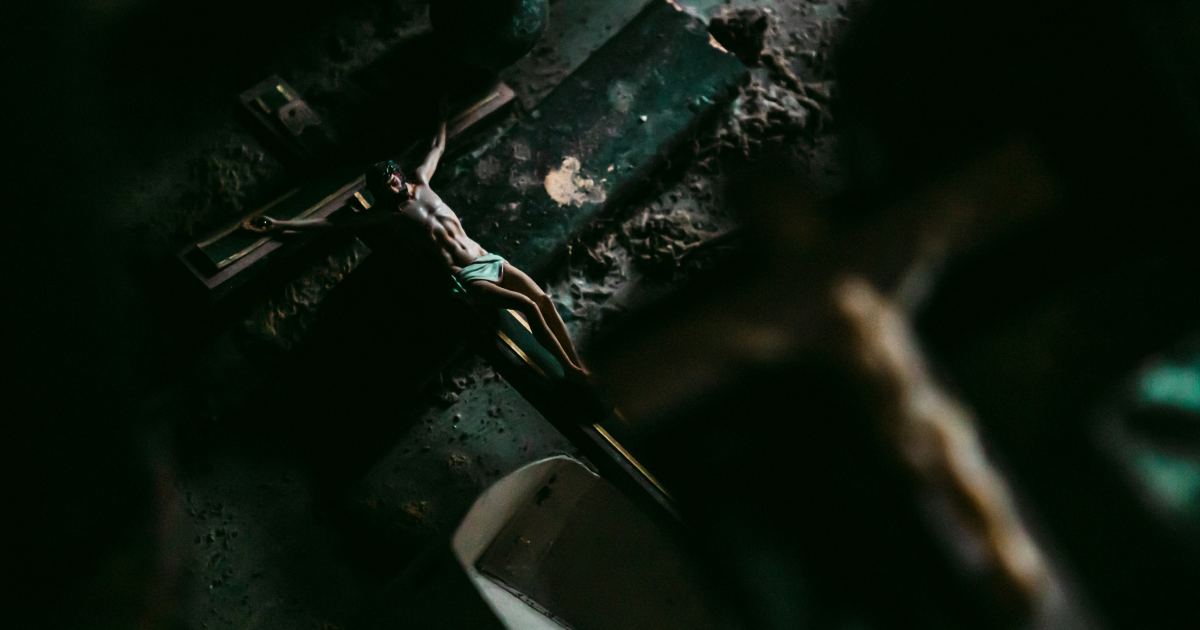A relic of St Carlo Acutis, the first millennial saint of the Catholic Church, has been stolen from a parish in western Venezuela just days after his canonisation in Rome.
The disappearance of the relic, a small circular piece of cloth, was reported on 9 September by staff at the Santo Domingo de Guzmán parish in the Cardenal Quintero municipality of Mérida state. Adrián García, coordinator of the San Carlo Acutis Youth Group, confirmed the theft on Friday to the press.
“So far, there’s no information; it’s still missing,” said Mr García. “We have faith in God that it will appear. It has great spiritual value.”
The cloth, housed in a glass reliquary, vanished two days after Pope Leo XIV declared Acutis a saint during a Mass in St Peter’s Square attended by an estimated 80,000 people. Police are now investigating the theft, the parish said.
The relic is classed as a “third-class relic”—typically an item that has been touched to a first-class relic. The Catholic Church has previously spoken out against the illicit trade in relics associated with Acutis on online platforms.
Since the early centuries of Christianity, relics have held a central place in Catholic devotion. They are typically classified as first-class (the physical remains of a saint), second-class (objects the saint personally used), or third-class (items touched to a first-class relic).
The veneration of relics grew alongside the cult of the martyrs, whose tombs became sites of pilgrimage and whose remains were placed beneath church altars. By the Middle Ages, relics were carried across Europe, inspiring popular piety and drawing pilgrims to great shrines such as those of St James at Compostela and St Thomas Becket at Canterbury.
While the Church has consistently condemned the sale of relics—considered a form of simony—their veneration is encouraged as a tangible link to the holiness of the saints and a reminder of the communion of the faithful across time and place.
The relic in Venezuela had been requested by the San Carlo Acutis Youth Group following his beatification in 2020. It is common for such relics to be distributed internationally to encourage devotion to new saints.
The theft has caused dismay among the faithful in Mérida, where Acutis is seen as an inspiration for youth evangelisation. Parishioners continue to pray for the relic’s recovery as the investigation continues.
Born in London on 3 May 1991 to an Italian family, Acutis grew up in Milan, where he became known for his computer skills and his devotion to the Eucharist. He died of leukaemia in 2006 at the age of 15.
In 2018, Pope Francis recognised him as “venerable”. Two years later, he was declared “blessed” following the recognition of a miracle attributed to his intercession—the recovery of a child in Brazil from a pancreatic deformation deemed medically inexplicable.
Related: Italian Church involves police to stop illegal online sale of alleged Carlo Acutis relics.





.png)




.png)






